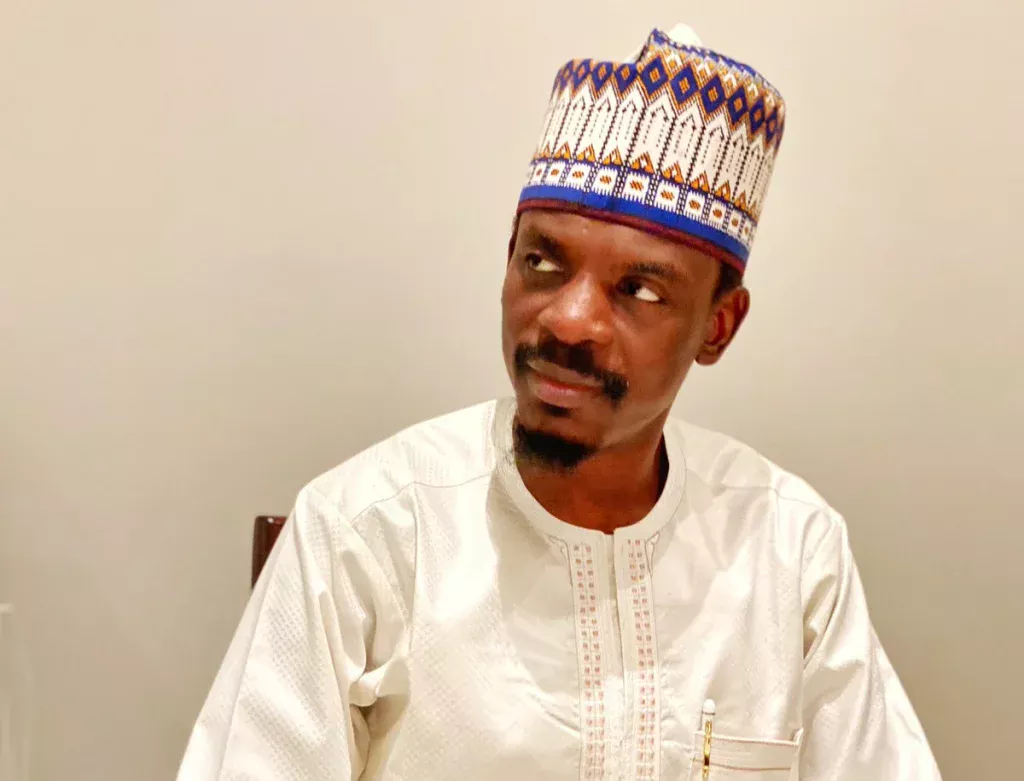A former Central Bank of Nigeria Governor, Godwin Emefiele, appeared in an Abuja high court on Thursday, where a prosecution witness testified that the redesign of the Naira notes caused economic hardship for Nigerians. Chinelo Eneanya, an investigator with the Economic and Financial Crimes Commission (EFCC), stated that the commission’s investigation revealed that the policy had a direct bearing on the public, causing widespread frustration and difficulties in meeting daily needs and affecting businesses.
The EFCC investigated allegations that Emefiele’s conduct caused injury to the people, examining documentary, electronic, and audio-visual evidence of the effect of the Naira redesign on the public. The prosecution tendered various documents, including a certified copy of a bundle of documents, a bill of settlement, and six video recordings from news outlets, which showed the impact of the policy on the public.
Eneanya testified that the investigation found that board members and committee governors of the Central Bank of Nigeria were not informed about the approval of the president before it was approved. The witness also stated that the introduction of the new redesigned notes led to significant hardship on the public.
During the proceedings, the defendant’s counsel, Olulekun Ojo, objected to the witness discussing the Supreme Court’s judgment on the Naira redesign notes. However, the prosecution argued that the witness was only giving evidence on the investigation and not varying or altering the findings of the Supreme Court. The court overruled the objection, allowing the witness to continue testifying.
Emefiele was interviewed by the EFCC, and his extra-judicial statements were tendered in evidence. The witness revealed that Emefiele was confronted with the question of whether the Board or governors approved the redesign and wrote in his statement that he did not. The case was adjourned until November 26 for cross-examination of the prosecution witness.
The trial highlights the ongoing controversy surrounding the Naira redesign policy, which has had significant economic and social implications for Nigerians. The case is being closely watched, and the outcome may have far-reaching consequences for the country’s economic policies and governance.



